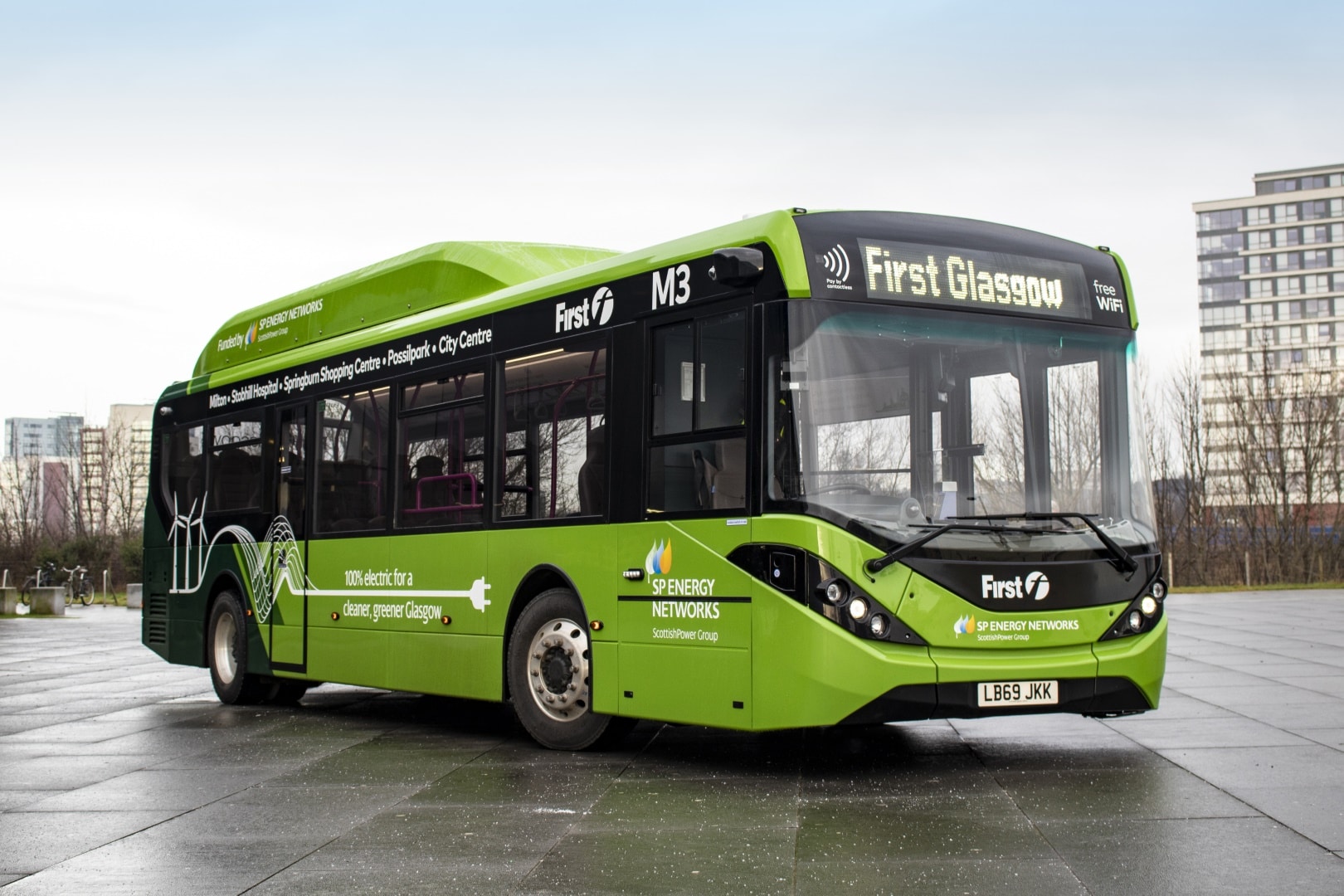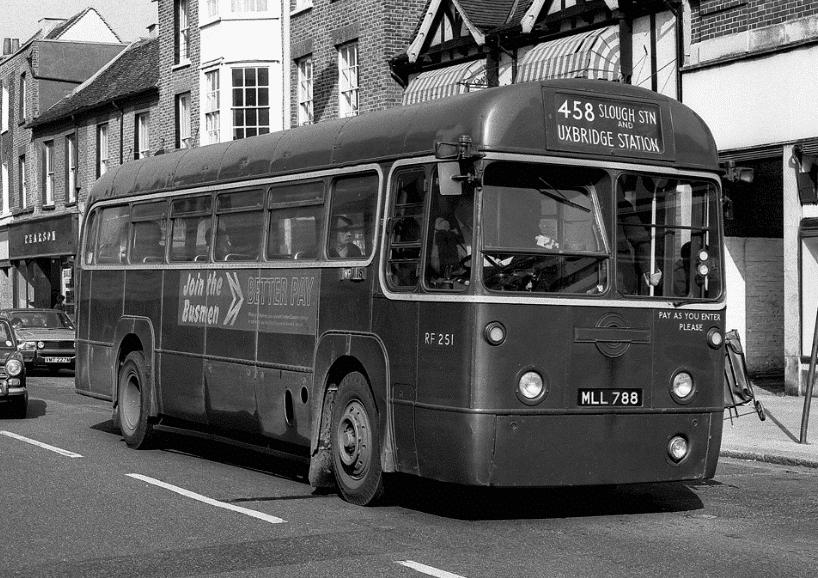Buses will form a big part of the UK’s goal for decarbonisation by 2050. But a report from DfT ignores the contribution that the coach can also make
The bus industry has received a boost with news that the government continues to see it as a major part of its plans to make “public transport and active travel the natural first choice” for society’s activities.
That was revealed in a report entitled Decarbonising Transport: Setting the Challenge, published quietly last week by the Department for Transport (DfT).
In his foreword, Secretary of State for Transport Grant Shapps says action will come quickly to reduce greenhouse gas (GHG) emissions from across the transport spectrum. Net zero GHG will be achieved by 2050.
The report marks the start of a process that will see the government set the out plans and policies needed to tackle emissions through the Transport Decarbonisation Plan.
Where are coaches in decarbonisation plan?
Prioritising modal shift to public transport is as important as any work to develop zero-emission vehicles, the report states. Where behavioural changes are needed to achieve the former, DfT will consider how to support them.
That is good for buses. But less encouraging is the almost total lack of attention given to coaches by the report, despite their powers to help reduce GHG emissions.
Coaches’ lack of prominence is particularly surprising when existing operator-driven work is considered. National Express has outlined plans to turn those used on its scheduled services zero-emission by 2035. FlixBus, due to enter the UK market, is involved with the development of hydrogen fuel cell-electric propulsion in coaches.
The report’s failure to acknowledge coaches is exemplified by a pictograph comparing GHG emissions of a passenger journey between London and Edinburgh. It includes plane, car, train and even cycling and walking. But no coach.
With the work already being done by coach manufacturers and operators alike to eliminate GHG emissions, the sector’s omission is puzzling. It is particularly so as Mr Shapps says that the transport sector and users must “embrace new technology and innovation like never before.”
Buses will benefit
Despite this oversight, the news for buses is positive. Changes in fleets that are already happening will continue rapidly, the report says. To accompany that, focus must be on how services are used and how they are delivered.
Between 1990 and 2018, GHG emissions from buses decreased by 40%. That is a credible return, but it is against a reduction in mileage of 20%. In 2018, 5% of all journeys were made by bus; coaches and buses accounted for 3% of domestic transport GHG emissions.
Projections based on 2020’s mileage remaining constant are that the sector’s GHG emissions will continue a shallow downward trajectory to 2050, by which time they will be around half those in 1990.
To assist the move towards lower-emission vehicles, BSOG distribution is to be reviewed. No further details are divulged, other than that the process will ensure that BSOG “supports the environment, as well as improving passenger journeys.”
A further plus for buses – and one that should also apply to coaches – is that if the drop in overall transport emissions that is needed to satisfy the government’s commitment to GHG reduction is to be achieved, even more action is required.
“There is no plausible path to net zero without major transport emissions reductions that need to start being delivered soon,” the report says.
Policy, again, will form a major part of that. Such measures must ramp up “significantly and urgently.” The challenge should not be underestimated; it will require change to people’s behaviour.
The government admits that it does not know the best way to deliver a decarbonised transport network. It accepts that difficult decisions lie ahead and that substantial investment from the public and private sectors alike will be necessary to achieve it.
Infrastructure promise from government
To achieve net zero, the government reiterates the importance of creating the right regulatory framework and establishing a capable recharging and refuelling network. That will surely be required by National Express for its planned zero-emission scheduled coach network by 2035, and by other operators too.
The report notes that “the fuel for delivering a [zero-emission] solution for larger road vehicles is not yet clear,” but it questions whether batteries will ever meet that requirement in heavier applications.
Instead, it suggests that hydrogen will tick that box. That makes establishment of a nationwide refuelling network vital. It will be if coaches are to come along on the journey to net zero. Despite the lack of support offered in the report, they undoubtedly will. The industry and its suppliers will, at least, make sure of that.
routeone comment
In the report on transport decarbonisation, DfT takes the opportunity to reaffirm a commitment to delivering on both Boris Johnson’s £5bn plan for buses and its own Electric Bus Town blueprint. Other schemes will no doubt follow.
Buses are an important tool in delivering ministerial objectives and obligations in urban and medium-distance settings. Trains will naturally account for most longer-distance trips if a push towards public transport grows.
But a failure to recognise the contribution that the coach already makes to the latter element is difficult to comprehend. Nowhere in the document is there an acknowledgement of what coaches bring to decarbonisation efforts.
That omission is made even more odd by work already being done on zero-emission coaches. It is more important than ever that the Confederation of Passenger Transport’s Coach Strategy gains government buy-in. DfT’s knowledge of the sector is, it seems, lacking.




























